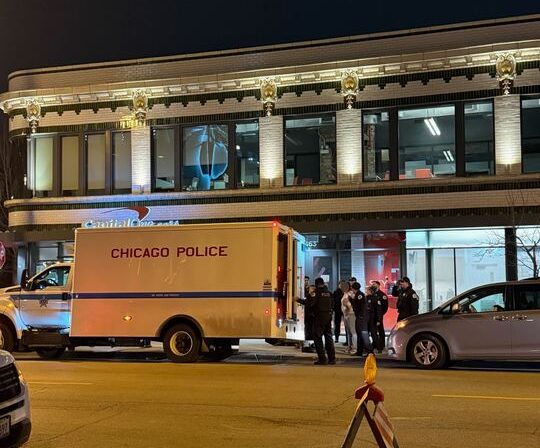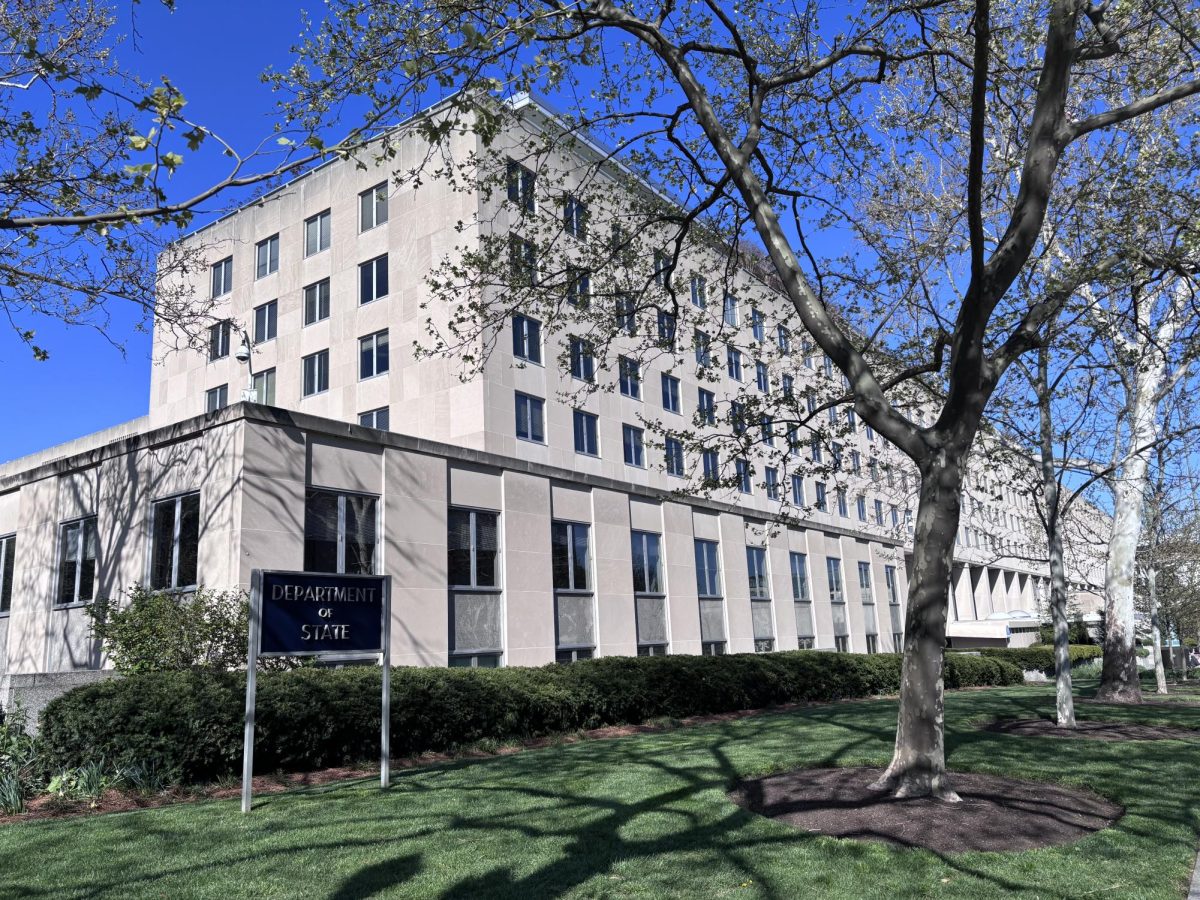In a small church assembly room packed with college students, alumnus Alex Goldenberg (A.B. ’06) spoke passionately about the “history of racial exclusion that the University of Chicago has been perpetuating for decades.” Goldenberg, preceded by well-known graduate student Toussaint Losier, spoke at Disorientation, an educational event designed to introduce first-years to the controversial relationship between the University and South Side residents.
Activists at the event presented on behalf of six student groups as well as four community groups and an international labor union. Each speaker addressed one or more of the controversial issues plaguing campus-community relations. In particular, they highlighted the University’s perceived displacement of and hostility toward local residents, refusal to offer them medical services, and unfair treatment of service employees, all of which are covered in the online pamphlet, “Disorientation Guide 2013.”
Focusing on very recent developments, second-year Cindy Ji presented on the recent restructuring of the University Community Service Center as well as the Hallowed Grounds incident. Ji accused the University of pursuing its controversial new policies “without any transparency, without any student input.”
Disorientation provided a unique look at growing student awareness of these issues as well as student anger over them. Over 70 people, including many first-years, journeyed nearly a mile south of campus to attend the event, which took place in a Presbyterian church at East 64th Street and South Kimbark Avenue.
The event’s speakers, while satisfied with the student turnout, stressed the need for greater student involvement. According to Losier, more students need to overcome a “bubble mentality” that isolates them from South Side residents.
Student Government president and fourth-year Michael McCown captured the event’s overall enthusiasm. “[Student activists] often felt marginalized as a minority protest group” in the past, he said. However, he now believes it is clear that activists “are not actually a minority” in the College community.








